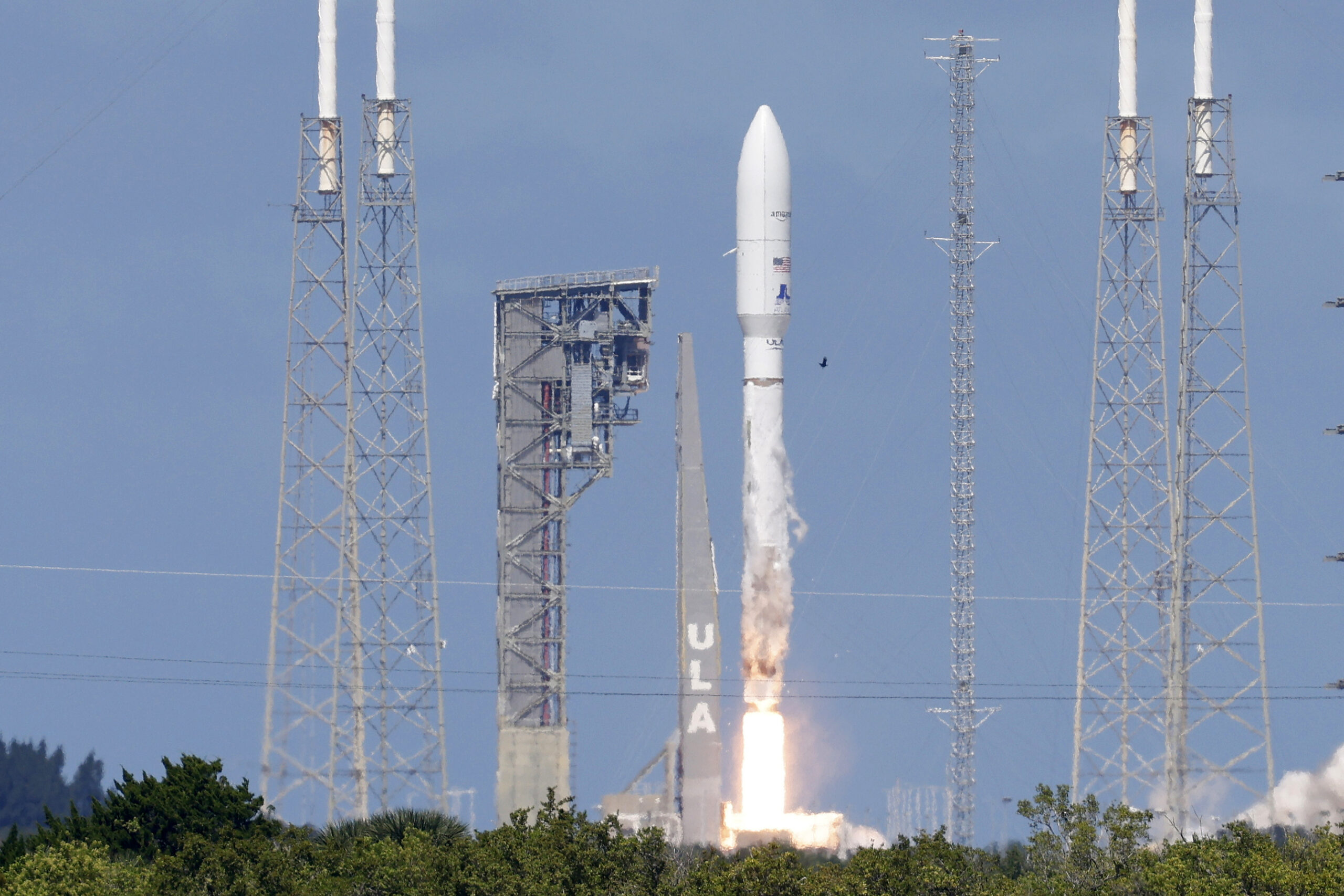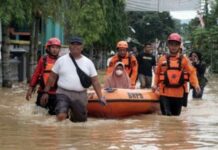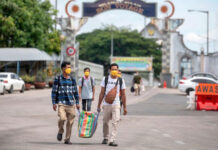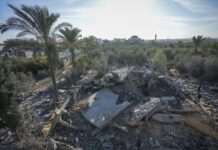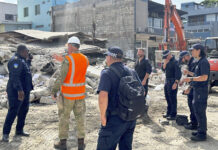Washington (AFP) – Amazon launched two satellites on Friday as part of its plan to deliver the Internet from space and compete with Elon Musk’s Starlink service.
The Atlas V rocket carrying the satellites lifted off from Cape Canaveral in Florida at 2.06pm local time (6.06pm GMT).
The launch was carried out by the United Launch Alliance (ULA) industrial group, a joint venture between Boeing and Lockheed Martin.
Once up and running, the company founded by Jeff Bezos says its Project Kuiper will provide “fast, affordable broadband to unserved and underserved communities around the world”, with a constellation of more than 3,200 satellites in low Earth orbit (LEO).
“We’ve done extensive testing here in our lab and have a high degree of confidence in our satellite design, but there’s no substitute for on-orbit testing,” said Project Kuiper’s Vice President of technology Rajeev Badyal.
The company has said it would invest USD10 billion in the project and has booked 77 heavy-lift launches with commercial providers Arianespace, ULA, and Bezos-owned Blue Origin.
The first operational satellites of the Kuiper project are due to be launched in early 2024, according to Amazon, which hopes for initial tests with customers at the end of next year.
The test on Friday attempted to establish contact between the probes and Earth, deploy their solar panels, and confirm that all instruments are operating correctly and at the desired temperatures.
The two prototypes will then be removed from orbit and disintegrated in the Earth’s atmosphere at the end of the test mission.
These services are designed to provide Internet access to even the most remote and underserved areas around the world, including war zones or disaster-struck areas.
Musk’s SpaceX launched the first batch of its more than 3,700 operational Starlink satellites in 2019 and is by far the biggest player.
